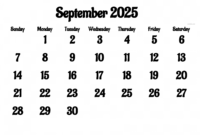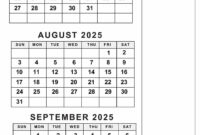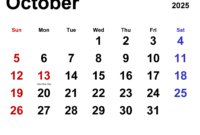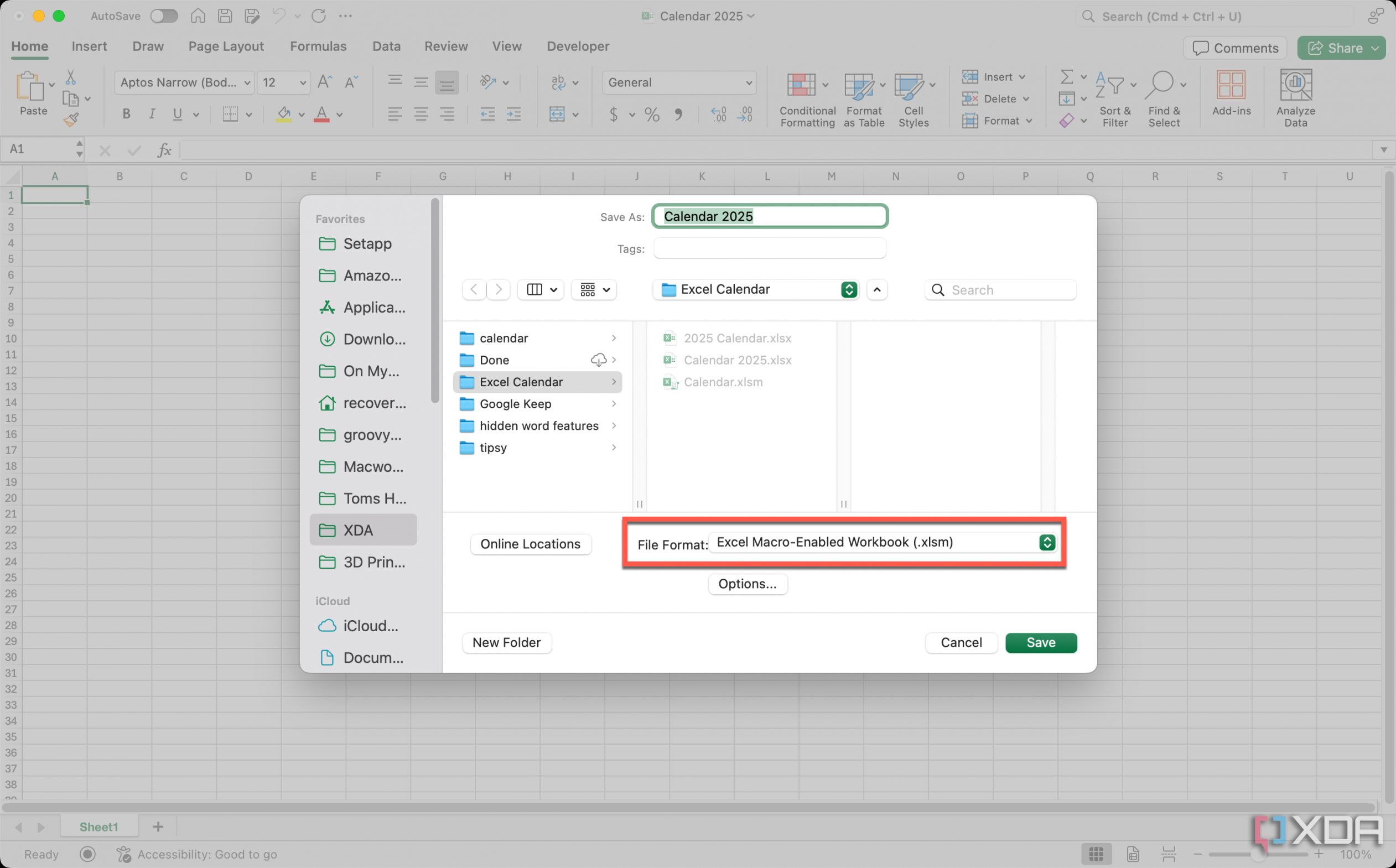
Let’s break it down:
February 2025 Calendar: This is simply a calendar for the month of February in the year 2025.
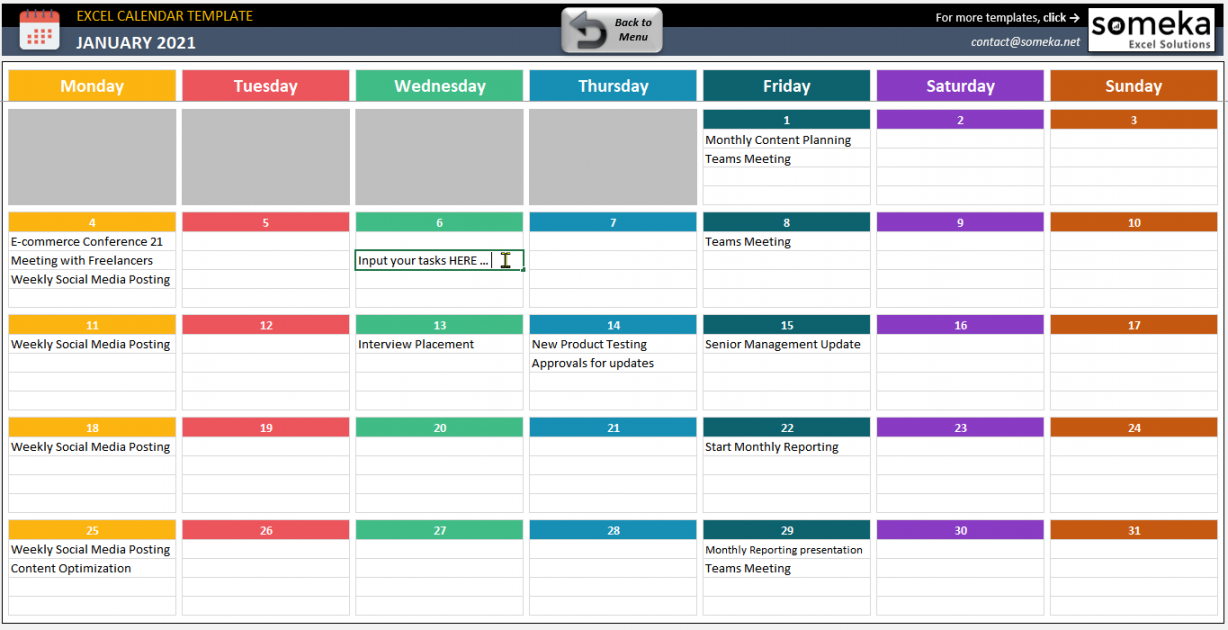
So, putting it together, “February 2025 Calendar in Excel VBA” means using VBA to create a calendar for February 2025 within an Excel workbook.
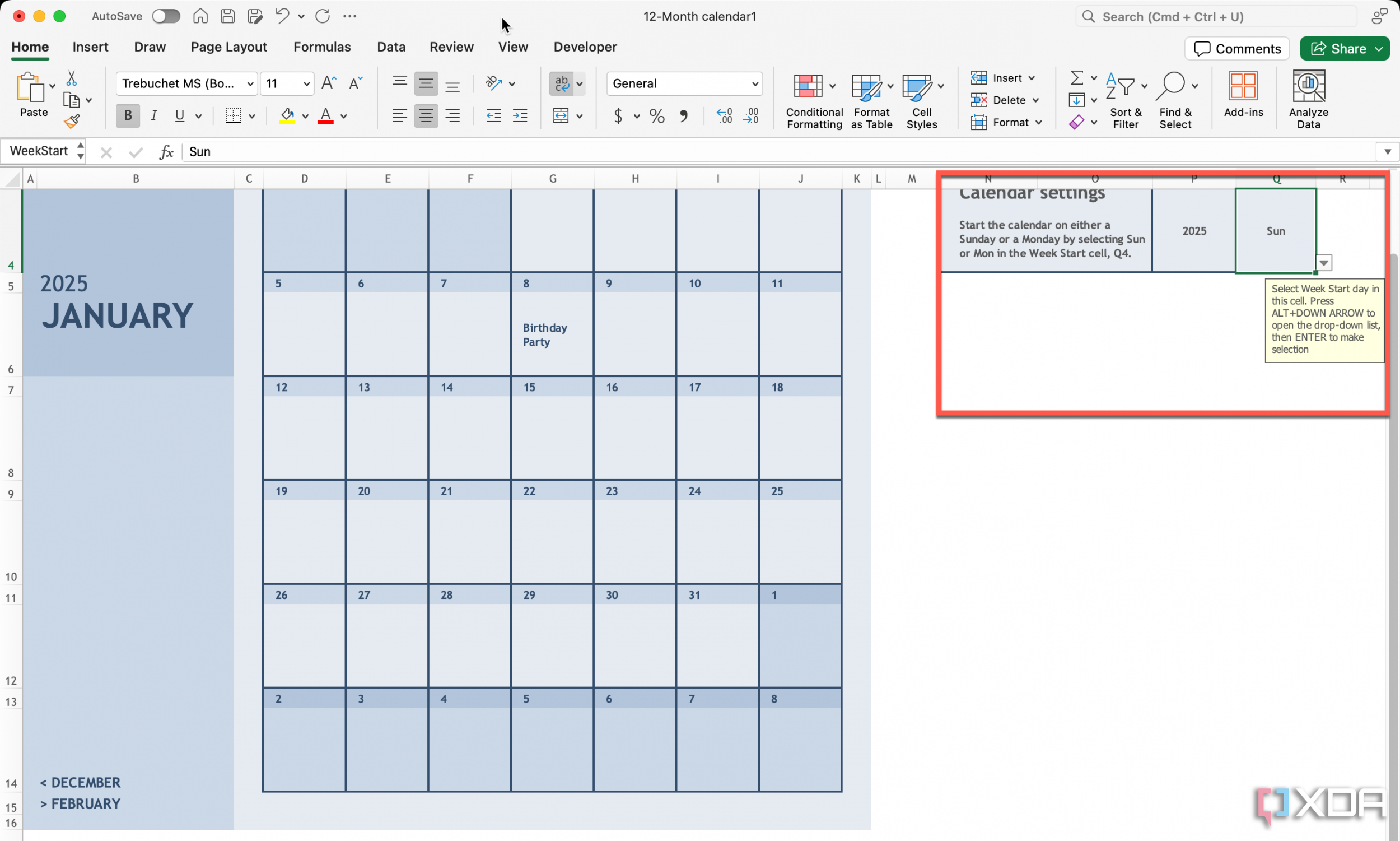
While it’s possible to create a calendar using VBA, it’s generally simpler and more efficient to use Excel’s built-in calendar features. Here’s a basic approach using VBA, but keep in mind that this is a more complex method:
1. Open a new Excel workbook.
2. Insert a new module: Go to the “Developer” tab, click on “Visual Basic,” and insert a new module.
3. Write the VBA code: This code will involve using loops to iterate through the days of the month, determining the correct weekday, and formatting the calendar cells.
Creating calendars with VBA can be a bit tricky, especially for beginners. It requires a good understanding of VBA programming concepts and Excel’s object model. While it’s possible to automate the process, it’s often more practical to use Excel’s built-in features for simple calendar creation.
Instead of diving into complex VBA code, here’s a much simpler solution:
1. Use Excel’s built-in calendar: Go to the “Insert” tab, click on “Calendar,” and choose the desired calendar style.
2. Customize the calendar: You can adjust the appearance, font, colors, and other formatting options to your liking.
3. Set the date range: Right-click on the calendar, select “Calendar Properties,” and set the start date to February 1, 2025, and the end date to February 28, 2025.
If you’re keen on exploring VBA for more advanced calendar customization or other automation tasks, consider learning more about VBA programming and Excel’s object model. However, for basic calendar creation, Excel’s built-in features are a more efficient and user-friendly solution.
While creating a February 2025 calendar in Excel VBA is technically possible, it’s generally not the most practical approach. Excel’s built-in calendar features offer a simpler and more efficient way to achieve the same result. By understanding the basics of VBA and Excel’s object model, you can explore more complex automation tasks, but for everyday calendar needs, the built-in tools are sufficient.
